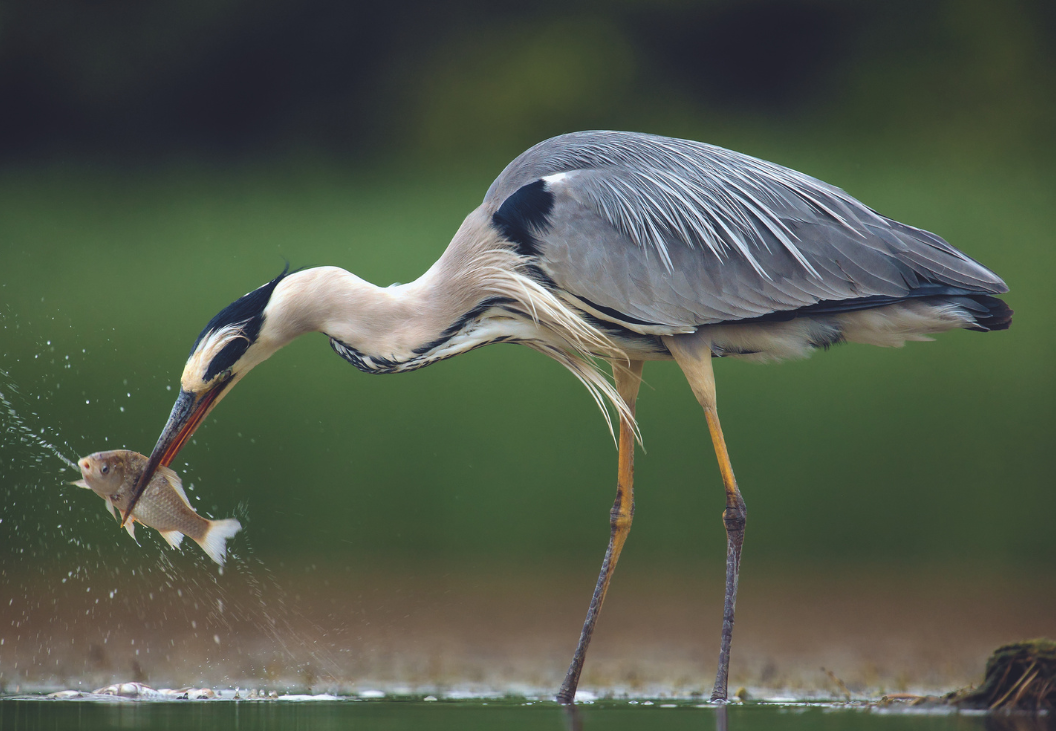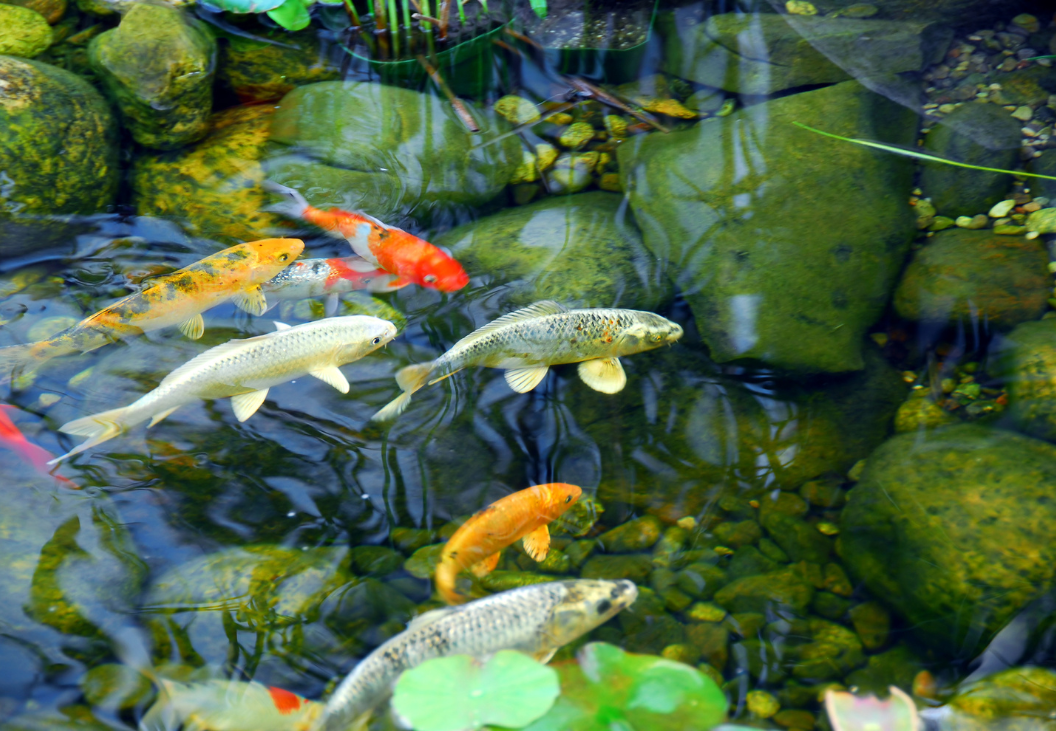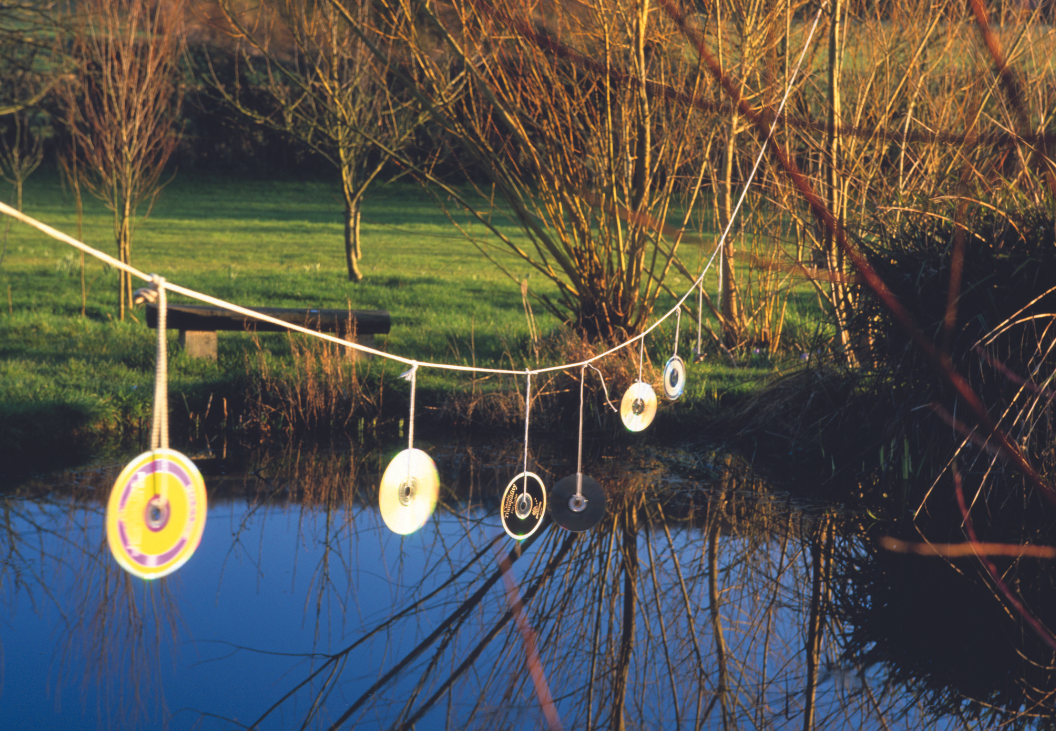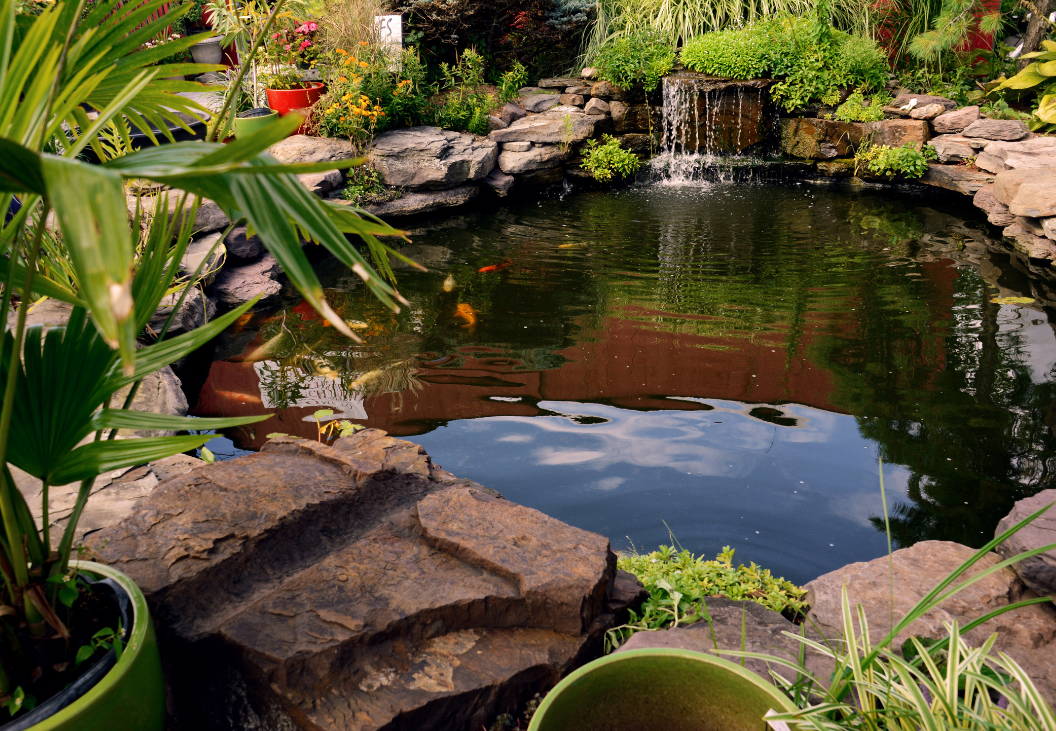Losing a fish is traumatic at the best of times, but all the worse when the culprit taking them from you is a third party. Garden ponds, unlike aquariums, are outside in the open and will naturally attract an array of wildlife, and with it potential predators. Here are some of the ways you can identity what may be eating your fish and how to prevent it from happening...
A frequent issue for a lot of pond owners is the disappearance and mutilation of pond fish. As pond keepers we make a rod for our own back—a gin-clear pond, with an intense concentration of colourful fishes, and scant (if any) hiding places. We might as well put a sign with ‘free fish buffet’ on such a pond for any passing wildlife. So, who are the key culprits for fish-napping, and how can we limit our losses?
What's eating my pond fish?
![]()
Herons
Perhaps the most prodigious fish eaters in the UK, herons typically arrive at dawn or dusk to gorge themselves. Signs of a heron visit include missing fish (though only up to a certain size—herons will not attempt to eat fish too large for their gullets) and knife-like injuries or stab wounds on remaining livestock. Herons will not leave disfigured fish beside a pond.

Cats
The domestic cat can be a nightmare for attacking fish, depending on the individual felines proclivities and abilities (they tend to prefer frogs and toads). It’s not uncommon for a cat to catch and kill a fish out of curiosity alone, and the hallmarks of cat attacks include dead and mutilated fish bearing a mix of bite and claw marks, typically some distance from the pond itself.
Crows
While not as gifted as herons or gulls in fish capture, a wily crow will learn to exploit small fish (especially goldfish) from a small pond. Crow attacks are uncommon and inconsistent, but typically tend to occur in the smallest ponds. Big fish are quite safe.
Mink
An invasive species more typically found in rural areas (and a problem for houses near canals and large ponds) and can attack at any time of the year, preferring dawn and dusk raids. Typical signs include fish of all sizes with their heads bitten off, and scratches or claw marks down the backs of fish. They will also attack fish far bigger than themselves.

Otters
Otter attacks are most likely to happen in winter when desperate animals move away from flooding rivers. While they can attack at any time, mornings are their preferred. Otter attacks on fish are typified by a ‘V’ shaped bite behind the gills, with fish carcasses scattered about the pond. Note also that if you find ‘skinned’ frogs and toads, these are classic otter calling cards—they strip the distasteful skin to eat the organs inside. They may also leave tarry, scale and bone filled droppings in the vicinity.
Seagulls
Bane of the seaside-dwelling pond keeper, seagulls can strike at almost any time of the day, and are adept at grabbing fish from the water’s surface on the wing. Usually the first indication of gulls is to see one in action, as they leave little trace of themselves beyond the occasional injured escapee fish.
Snakes
Grass snakes are surprisingly proficient hunters of slow-moving fish, though snake attacks in ponds are rare. When they do occur, they tend to target slugglish or otherwise weakened fish that can’t flee their strikes. If you lose a fish to a snake and don’t witness it happening, chances are you’ll never pinpoint the culprit anyway.

Humans
The typical human thief is in a hurry, and leaves ample traces in their wake. Footprints, nets at the side of the pool for catching fish, broken gates or fences—all indicate that a rum fellow has visited your pond in the night. It’s rare that a human targets anything but expensive or otherwise desirable species.
How to Protect Your Pond Fish From Predators

You can protect your pond fish from predators with several different ways. Here are some tried and tested methods to prevent your fish from being eaten...
Pond Netting
Fine mesh netting is available from many aquatic stores to go over the pond. This can be an effective (if unsightly) deterrent to most bird types, though herons will still attack through any large holes. Nets have limited effect against snakes, mink or otters.
Caves
Providing ample hiding spaces may not thwart an attack, but it will at least offer refuge during one. Mink, otters and grass snakes may not be deterred though, being able to swim and chase their prey.
Wire mesh
A solid wire mesh with holes of less than 10cm wide will be able to stop all types of predator aside snakes and small mink, but will make maintenance difficult and the pond unsightly.
A trip wire
A line of wire supported 15cm above the ground all around the pond can help thwart herons who like to land near a pond and then walk to the edge.
Decoys
Plastic, lifelike herons set up directly by the pool can help deter these highly territorial birds. However, a starving heron may still take its chances.
Pagoda
Providing an overhead cover over the entirety of the pond will help to stop any passing birds from spotting it and the bounty it contains.
Dogs
it may seem a bit extreme but having a pet dog with unrestricted access to the garden can be great at chasing off herons, cats and even humans. Or at least alert you to potential predators before they're able to do any damage.
Moving surfaces
Cats hate to step on anything that moves. By arranging uneven stones that rock all around the pond, a cat can be deterred from going near.
Animal Scarers
Devices that use infrared beams to detect movement can be attached to a water supply and aimed around the pond. When an animal gets in range, jets of water are fired. Other devices may use light and sound to scare pests away.
Reflective pond protectors
These floating mirrors sit on the pond and reflect light, which can deter some birds.
Old CDs
If you have any old CDs or computer disks laying around, a line of reflective discs strung on a line across a pond can help to deter herons and other birds.









